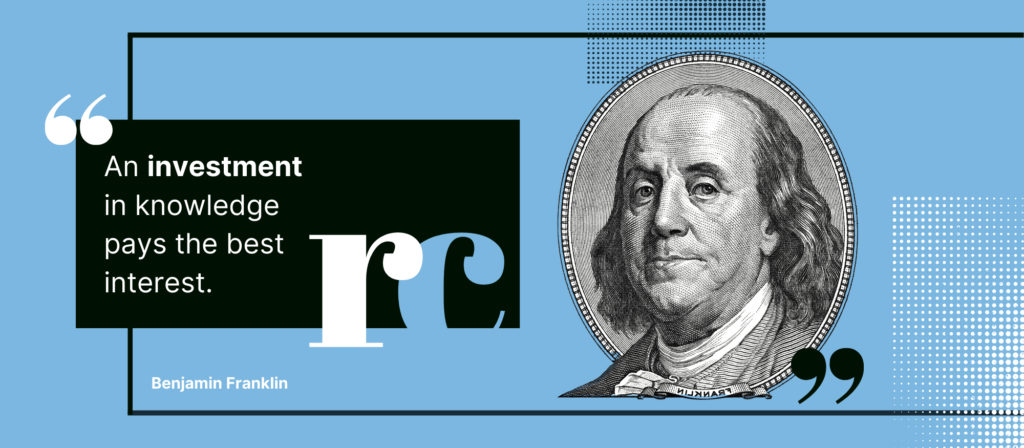Cloud governance might seem like a foreign language to many, but the idea of a framework to govern your company or personal data and its storage is an incredibly important aspect of safe and responsible usage of cloud computing technologies in the modern world. Whether you know it or not, a cloud governance framework is a crucial piece of data infrastructure that dictates how you interact with the internet and your own safely stored information on a daily basis.
What is the cloud?
We should begin with the cloud itself — the pinnacle in offsite storage of your key documents, images, and other data. Instead of retaining information on the hard drive (keeping it stored within the physical limits of your own in-house hardware) you send these pieces of data to a secure, online storage location for safekeeping. This alternative to writing to the hard drive has some unique advantages that outpace traditional storage methods.
In truth, the idea of the cloud is not a new one. The idea behind network based computing dates from the 1960s, but it has really found its niche in more modern iterations of storage. As we build faster machines and package more data than ever before there is a significant need for easy access and shared filing that was not present in earlier versions of personal computing. Simply put, the cloud is a repackaging of one of the most innovative solutions designed by computer scientists to solve the problems in storage and data sharing that trouble us today, and those of the future that we haven’t even identified yet.
Why migrate to the cloud, anyway?
The elegance of the entire operation is the primary reason to move to cloud computing. However, in terms of your concrete needs, cloud infrastructure allows for the interoperability of different machines connecting to the same data. This eliminates the requirement of sending constant updates, file changes, revisions, or quarterly reports. Instead of polluting inboxes with the latest figures each week, the files can be saved in a shared location that is accessible by anyone granted the right to usage. It can be altered (with the proper permissions) and saved as the singular file for constant ‘current-ness.’ Google Drive functions are a great example of this kind of cloud infrastructure. With access, you can add content or notes to a shared file with your team, and everyone maintains access to the most up to date version of the data without having to download files or validate version numbers to ensure compatibility. This is actually the same technological breakthrough that powers blockchain applications like Bitcoin.
Maintaining Best Practices for Cloud Governance
There are plenty of reasons why one might use cloud storage, but maintaining best practices while utilizing the freedom of the cloud is a little more complicated. Thankfully, there is a cloud governance platform that can help maintain a secure environment and a consistent hybrid experience. The Turbot cloud governance platform ensures compliance automatically for all team members. While the cloud presents teams with unparalleled access to updates and essential files, it also can present some significant dangers for teams without property security protocols. Automation solves the issue of lax security or naming conventions that make organization difficult. Cloud governance is not the same thing as maintenance, but its implementation ensures the proper maintenance of your data. Governance is a set of rules that files must act within. This includes protocols regarding efficiency, organization, and security in order to ensure that your data always complies with the necessary standards that your company has put in place. It’s the only way to make sure that your data and team are always operating within compliance standards.
The cloud is a fascinating development that allows for increased interoperability between team members, especially during this time of remote work. A proper cloud governance platform can make sure that you’re getting the most out of your cloud infrastructure and maintaining a secure environment as you do so.








